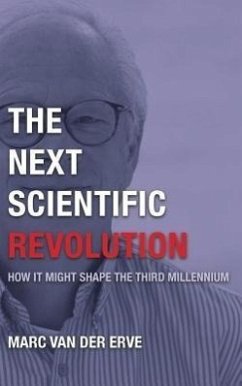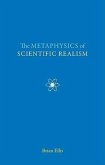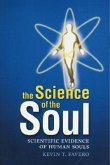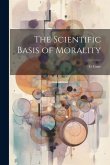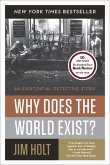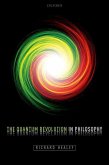"An intriguing scientific discourse which suggests that the way humankind understands the natural world may soon undergo a paradigm shift toward behavioral explanations." -- Kirkus Reviews. There are numerous ways to view our world but, on the whole, we view our world as a "material" phenomenon. To explain our experience of thought, many believe that our material world is accompanied by a spiritual world. For thousands of years, this tandem determined what we think and do. But what if we are wrong? What if our world is not what we think it is? There are good reasons to believe that this is so. Faint but fundamental findings have popped up in the world of science, findings that are like dots in a puzzle. Connect these dots in a certain way and a novel picture of reality appears, a picture so familiar, yet so different that it will deeply affect the way we interpret our world, if true. Because "reality" is involved, this picture could give new impetus to scientific research as much as it could inspire leaders to rethink their role. This book synthesizes the ideas of thinkers and scientists from across multiple fields, from Steve Jobs, Descartes, and Einstein to Whitehead, Penrose, and Spinoza. It explains how the established system of ideas at the heart of the current worldview may be making way for a new system, a new "paradigm," if you like, that will dictate how we see, study, and manage our world in future. This book is relevant to leaders of science and society because it helps them imagine the broad societal drifts that may be ahead of them. This book is also useful to undergraduate and post-graduate students because it puts into perspective "normal science," that is, the science that they are being made familiar with. "A highly complex yet compelling treatise." -- Kirkus Reviews
Hinweis: Dieser Artikel kann nur an eine deutsche Lieferadresse ausgeliefert werden.
Hinweis: Dieser Artikel kann nur an eine deutsche Lieferadresse ausgeliefert werden.

